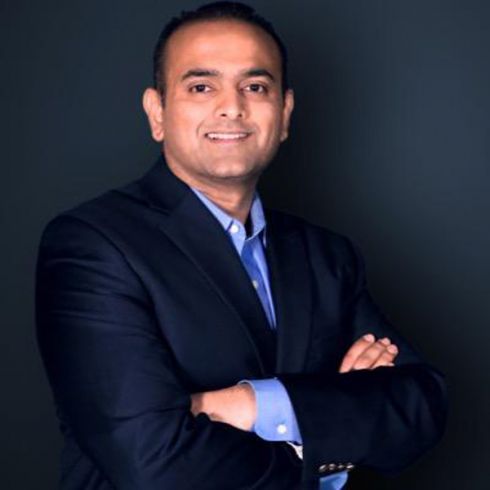
MUMBAI: Multi-channel network for digital content creators – Qyuki, has come a long way since its inception. It has associated itself with Universal Music Group to help music talent build a digital footprint. Last December Qyuki made a strategic alliance with Fullscreen, which is one of the world’s largest multi-channel networks. Co-founder Samir Bangara spoke to Radioandmusic.com about the company, its business partnerships and more.
Excerpts:
What have been the milestones since Qyuki started?
We are still less than a couple of years old in this new avatar. In my opinion, the hardest thing for a start-up to get right is putting together a team which believes in a certain vision that demands an equally passionate execution. Finding that team took us a while. We effectively went live in March 2014. Since then, we have developed more than hundred channels.
There are two significant partnerships that we have forged. We believe that, as Qyuki, while we are promoting collaborations with talent to grow, we ourselves should practice what we preach. We struck a really core alliance with Universal Music, which brought three entities together – Universal Music Group, Universal Music Publishing Group and Qyuki.
The latest that we did with Universal is ‘The Dharavi Project’. Through this we have nurtured about 50 hip hop artists coming out of Dharavi. Since they were not very comfortable coming to our offices and studios, we set up the studios for them at Dharavi. Since then, these artists have gone on to perform at GIMA and have got a wild card entry in India’s Got Talent. Slum Gods even recently performed at the recent Pepsi MTV Indies’ Spiro. So, we are doing core A&R with this talent. The Dharavi Project is one of the most fulfilling things that we have launched, and are working on.
Tell us about Qyuki’s association with UMG?
We realised early on that we would need to focus on certain genres to be able to deliver value to talent. And, music seemed as a natural fit for Qyuki as a company, especially since Rahman is a co-founder, there is incredible music talent in the country and music consumption by the Indian masses has increased. My days in selling mobile content taught me the scope at which music is consumed and paid for. Therefore, we naturally gravitated towards music.
In that context, when Devraj (Sanyal) and I started talking about how we could work together, we felt that there was a lot of value that we could add to talent by leveraging the enormous music catalogue at UMG. This deal involved a few things:
· Qyuki working with Universal Music talent to help them build their digital footprint
· Qyuki working with Universal to help digital talents get mainstream success and get signed under a record label
· Getting access to the UMG catalogue that singers can officially license and sing
· Bringing the massive audio content library and make it into video.
Does having A.R. Rahman as one of the founding members encourage talent to work with Qyuki?
Fundamentally, I believe that creators are attracted towards other creators. But to answer your question, yes, I most certainly think so. But we cannot promise that all the artists signed under Qyuki will get an opportunity to collaborate with Rahman. However, Shekhar Kapur and Rahman are amongst the first ones to know about the artists that Qyuki signs.
We are currently working with Rahman on some interesting ideas; however, it is taking time to fructify. That said, when is does come out, it will be path-breaking.
Which are the artists that Qyuki has signed?
Along with artists like Shraddha Sharma and Purbayan Chatterjee, we have also signed on Dhruv Ghanekar. We are helping him create his YouTube channel and social presence.
What are your thoughts on the YouTube’s paid subscription module called Music Key?
Music Key is something that YouTube has heavily been promoting. In the overall YouTube ecosystem, if you split the views, my estimate would be that music is probably the largest segment of all the views.
YouTube is working alongside creators to present original content that the creators hold the rights for and can then, monetise. Along with this, YouTube also launched an addition feature on its mobile devices, known as ‘Offline’ viewing, which works excellently in the Indian context. Because one seldom has easy access to hi-speed internet, therefore one could probably download a bunch of videos in the “office internet network” and watch it at home without having to consume mobile data bandwidth.
Is Qyuki currently developing any music properties?
We do not look at music from the intention of focusing on music properties. When we are brand backing some of our content, it is packaged in the form of a property for a brand. We are currently working on two to three such projects. One of them is our project with a major Cola brand, which brings together music with short films.